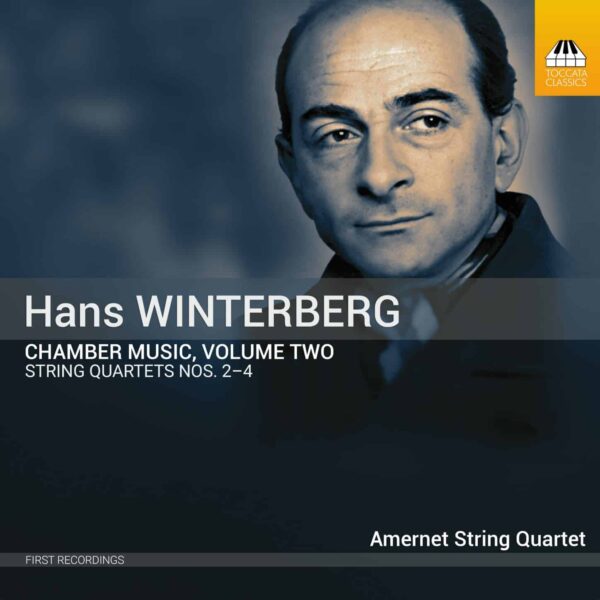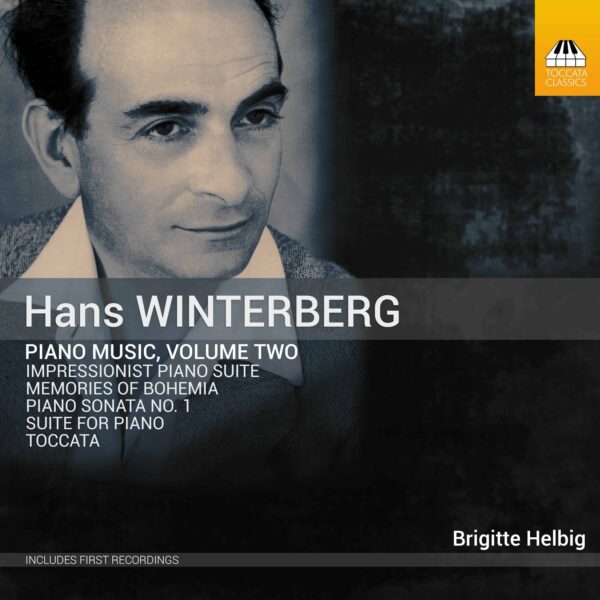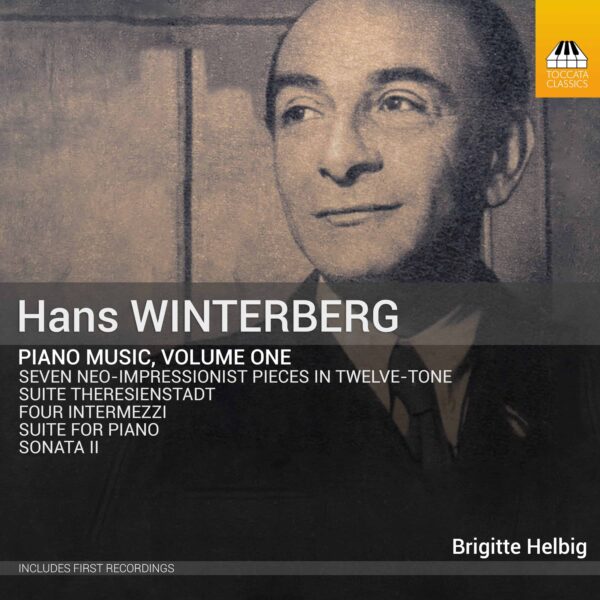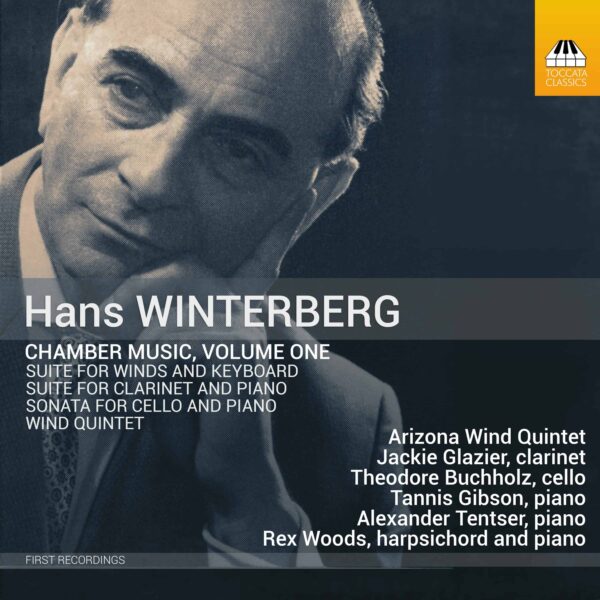Hans Winterberg: Chamber Music, Volume Two
The life of the Prague-born composer Hans Winterberg (1901–91) reads like the outline of a detective novel. Having survived internment in the Terezín (Theresienstadt) ghetto as a Czech Jew, after the War he settled in Munich as a German citizen, and his music enjoyed a number of broadcasts – but after his death his estate disappeared into the vaults of a research institute and was placed under embargo, emerging only in 2015, since when recordings and performances have revealed him as one of the major Czech voices of the twentieth century. This first recording of three of his four string quartets – their language downstream from Janáček and Schoenberg, with folk-music roots refracted through mid-century Czech modernism – confirms Winterberg’s standing and underlines his importance as a lone survivor of the group of young Czech composers whose infinite promise was extinguished in the Holocaust.
Amernet String Quartet
Listen To This Recording:
-
String Quartet No. 2 (1942)
- I
- II Molto tranquillo
- III Tempo scherzando, poco moderato
- I Allegro moderato
- II Andante pastoral, molto moderno e misterioso
- III Presto
- I Mässig schnell
- II Intermezzo: Andantino ([crotchet] = 79)
- III Ziemlich schnell ([crotchet] = 162)
String Quartet No. 3 (1957)
String Quartet No. 4 (1961)
FIRST RECORDINGS




Classical Lost and Found :
‘The superb album notes by “Forbidden Music” author Michael Haas (b. 1954) have a captivating description of the composer’s complicated life as well as detailed musical analyses of the selections on this disc.
[The performers] they deliver superb accounts of these Winterberg rarities, and maybe they’ll soon give us a recording of his First Quartet.
[…] the string tone is as good as it gets on conventional discs.’
—Bob McQuiston, Classical Lost and Found
Art Music Lounge :
‘What a Performance Winner of 2023
Like many modern composers, but clearly not all, Winterberg’s music also has a strong emotional element about it. He clearly wanted his music to touch people, not just provide a mind game for them to admire. […]
I found it to be truly great music due to its combination of interesting structure and emotional feeling, thus I highly recommend it.’
—Lynn René Bayley, Art Music Lounge